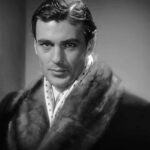
His rise to fame in the 1920s and 1930s marked him as the quintessential leading man in American cinema, known for his stoic presence, effortless charm, and rugged masculinity. Cooper’s career spanned more than three decades, during which he became one of the highest-paid actors in the industry.
His breakthrough role came in Wings (1927), a World War I film that earned him widespread recognition. However, it was his performance in Sergeant York (1941), where he portrayed the World War I hero Alvin York, that solidified his place in cinematic history. Cooper’s portrayal earned him an Academy Award for Best Actor, a testament to his skill and versatility.
Cooper’s appeal went beyond the screen. His classic good looks, marked by his sharp features and striking profile, made him a beloved style icon. His fashion sense was effortless yet sophisticated, embodying the Art Deco and Ivy League styles of the time. Often photographed in dapper suits, he became a symbol of American masculinity during the 1930s and 1940s. His clean-cut, all-American image resonated with audiences, making him one of the era’s most admired and imitated men.
Off-screen, Cooper was known for his private nature, rarely seeking the limelight beyond his roles. His personal life was marked by his marriages, particularly to Veronica Balfe, with whom he had one daughter, Maria.
Gary Cooper’s influence on fashion and film endures, with his timeless style and iconic filmography continuing to inspire actors, models, and designers today. His legacy as both a quintessential gentleman and a classic Hollywood star remains firmly cemented in the annals of cinematic history.
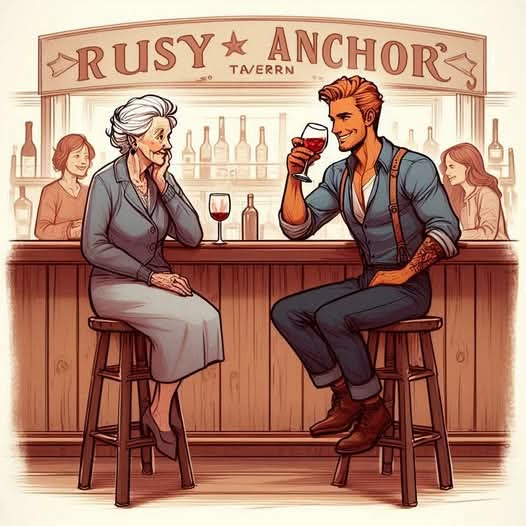
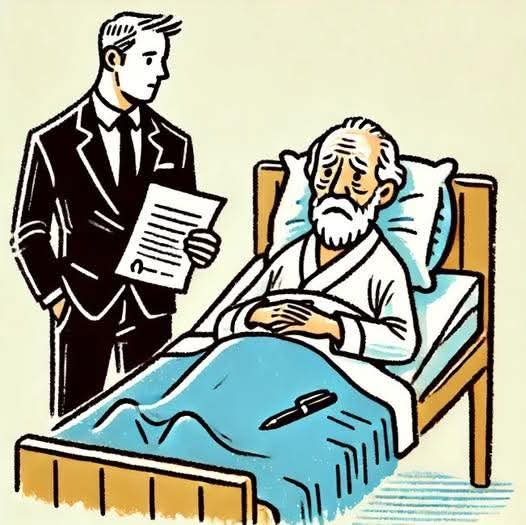
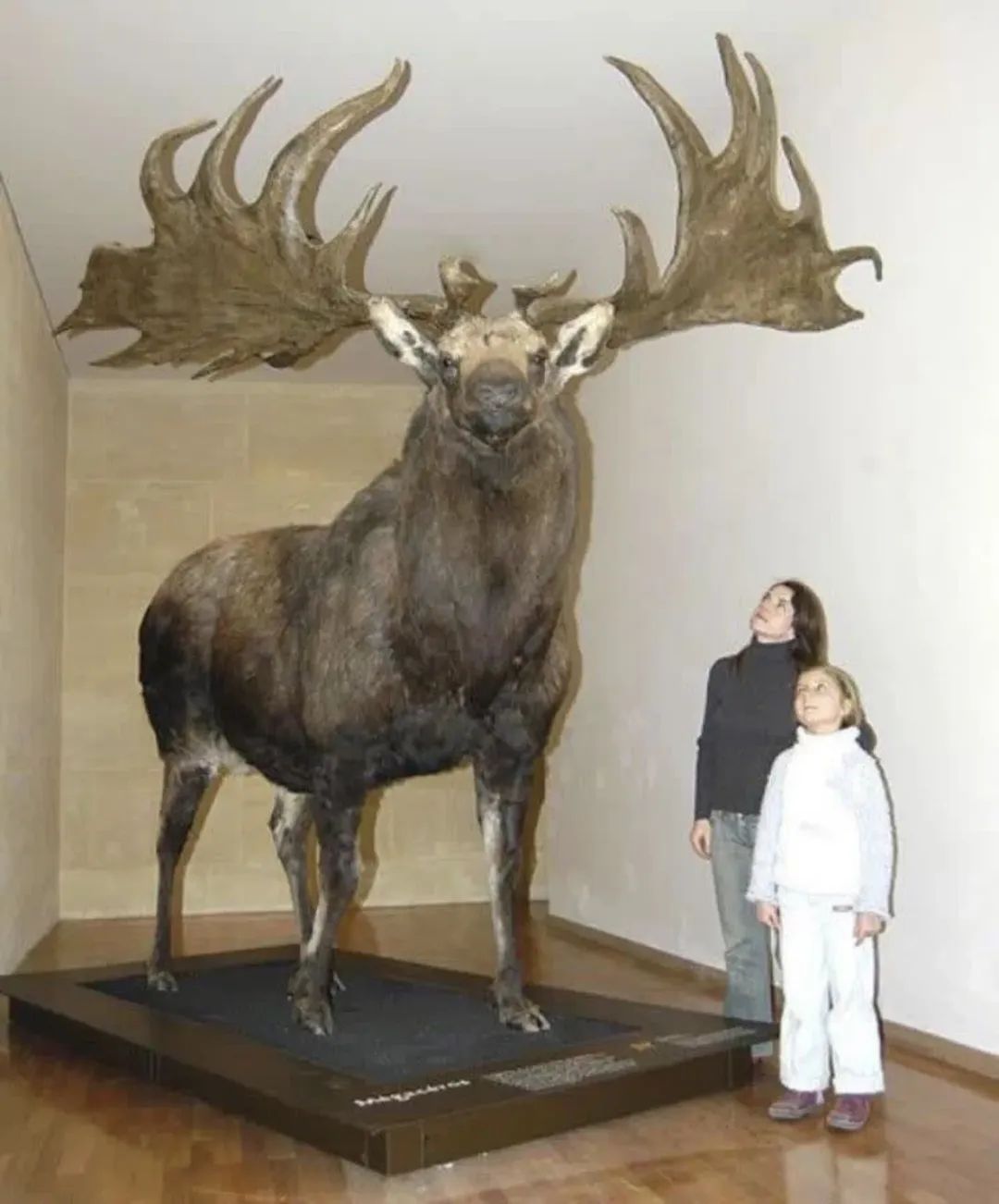
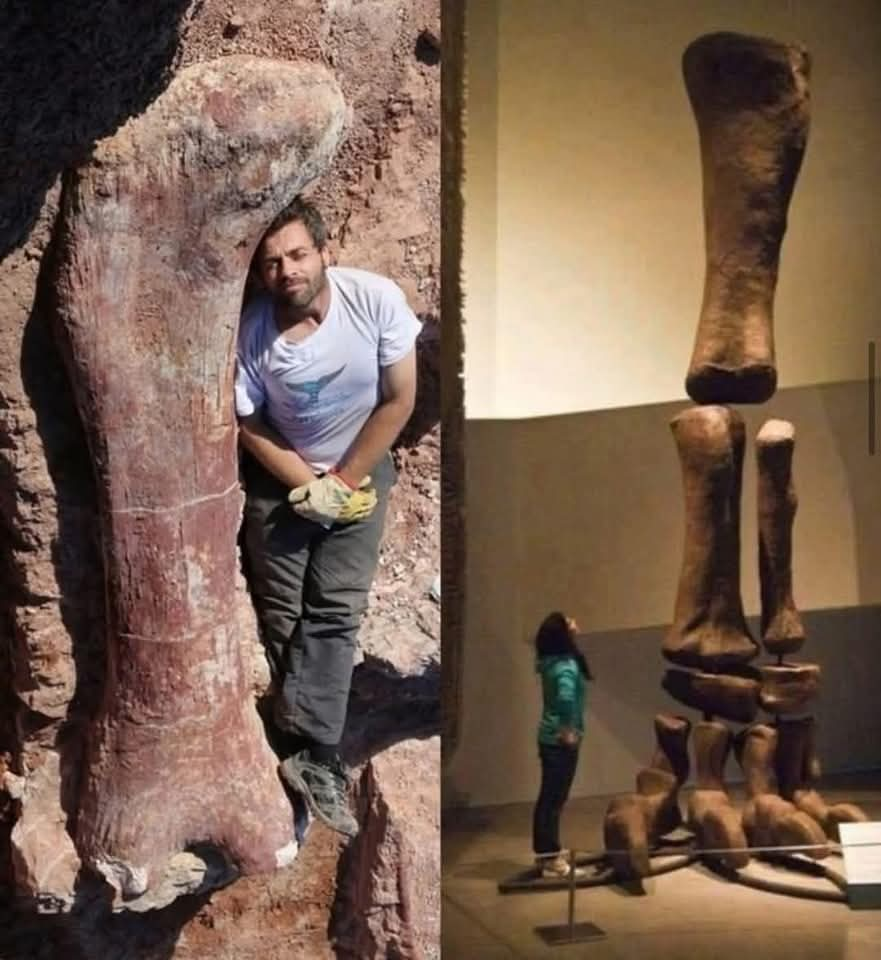
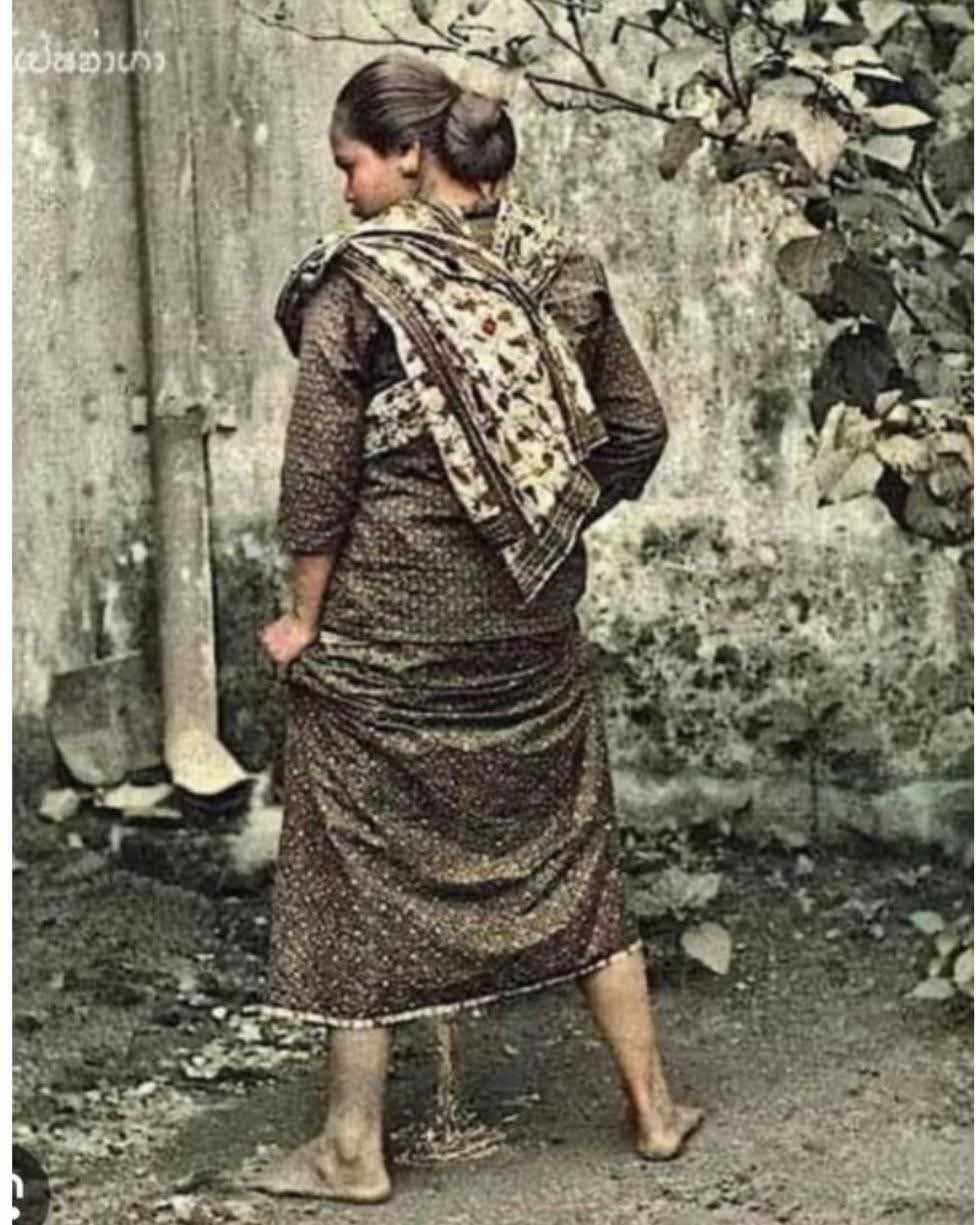
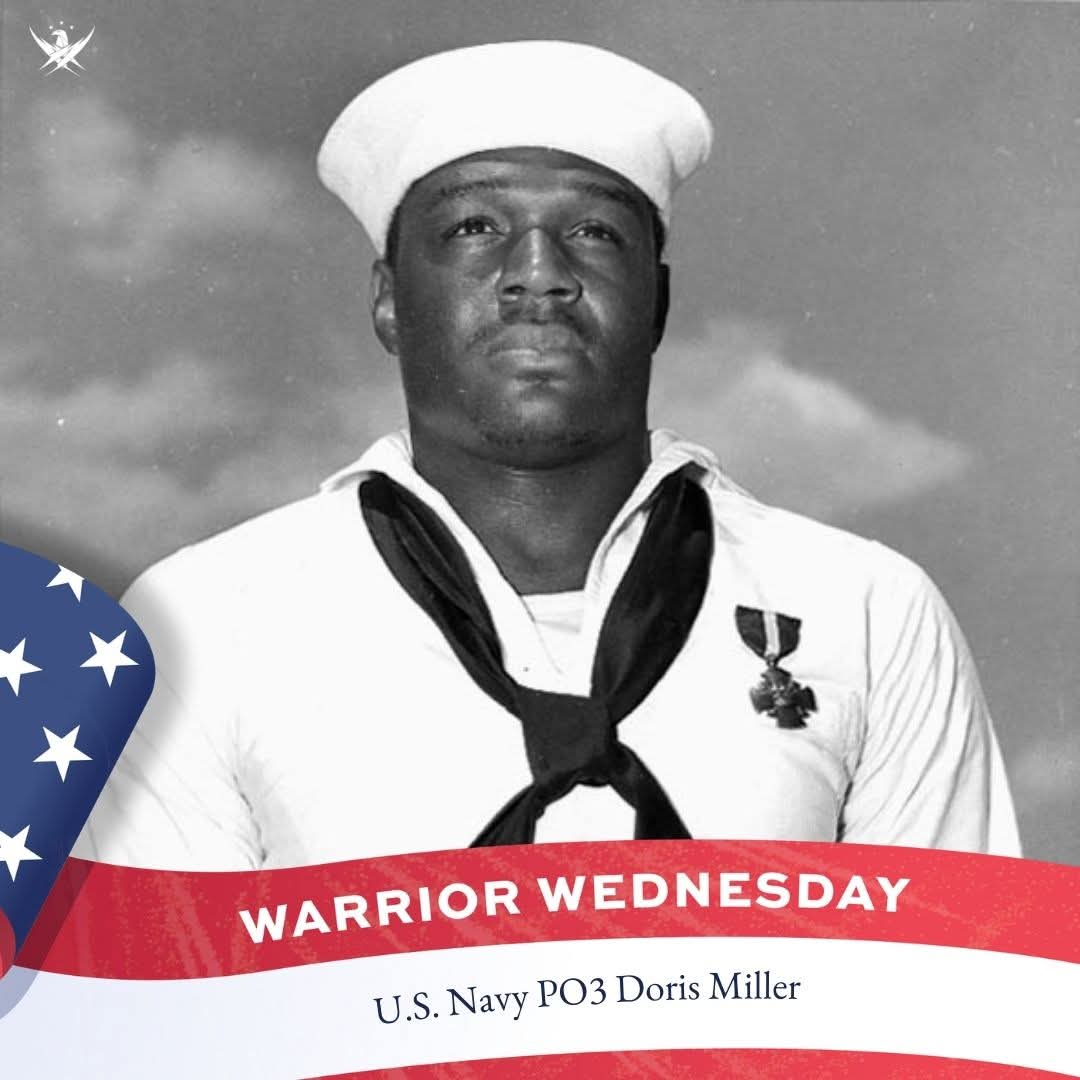
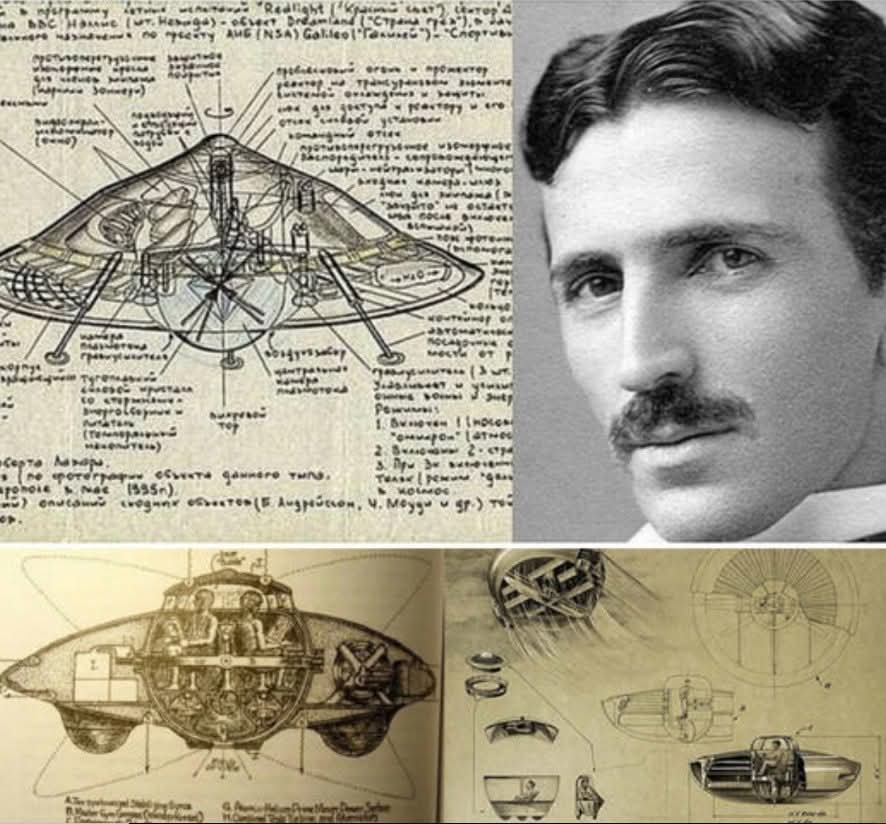
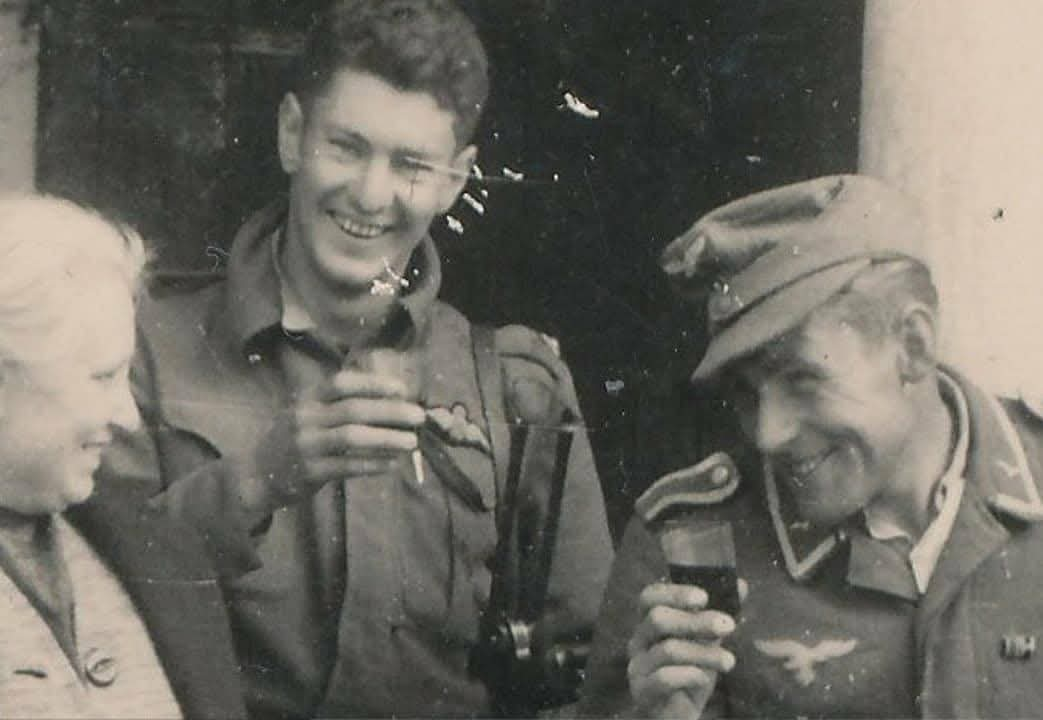

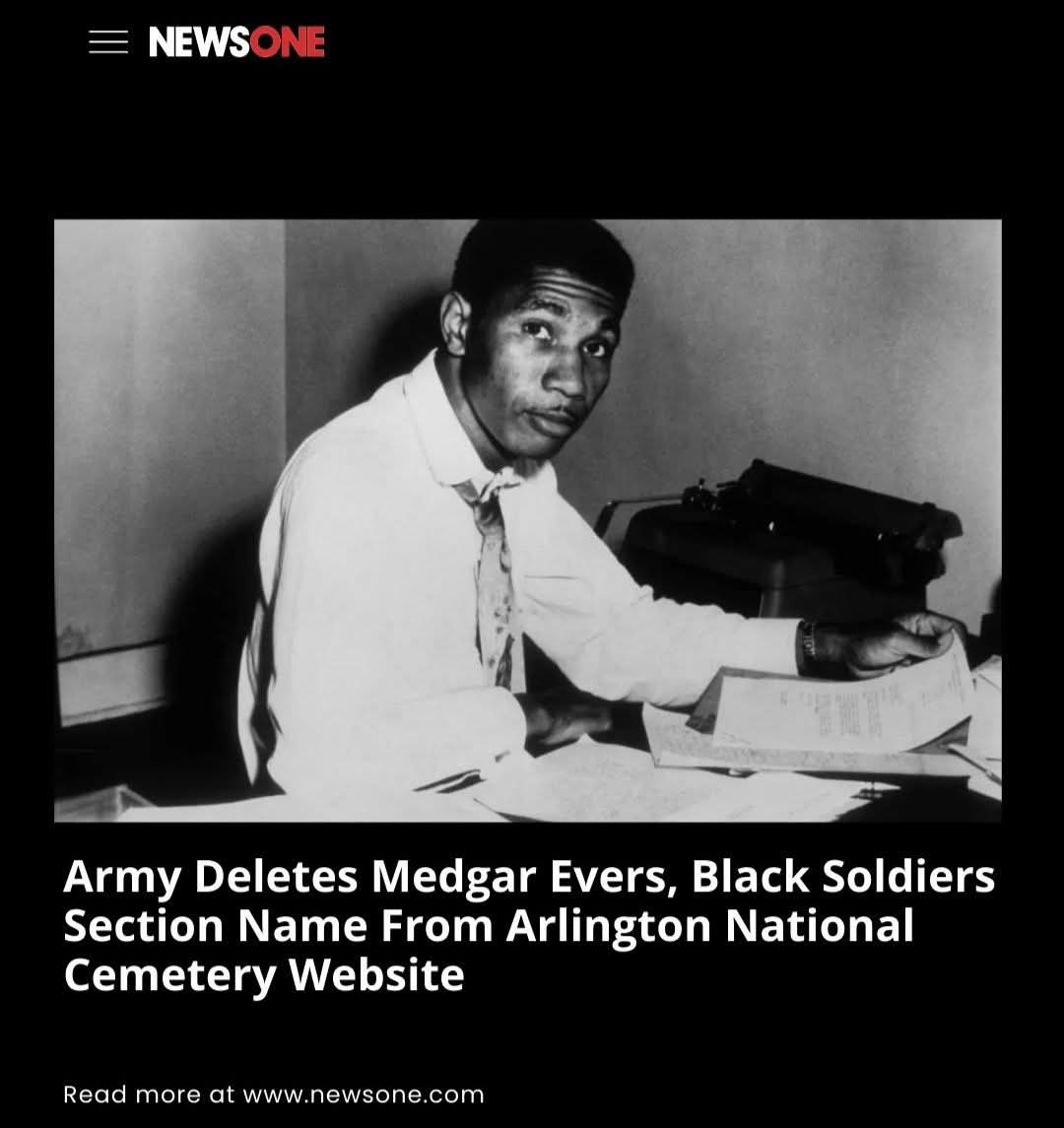
Leave a Reply